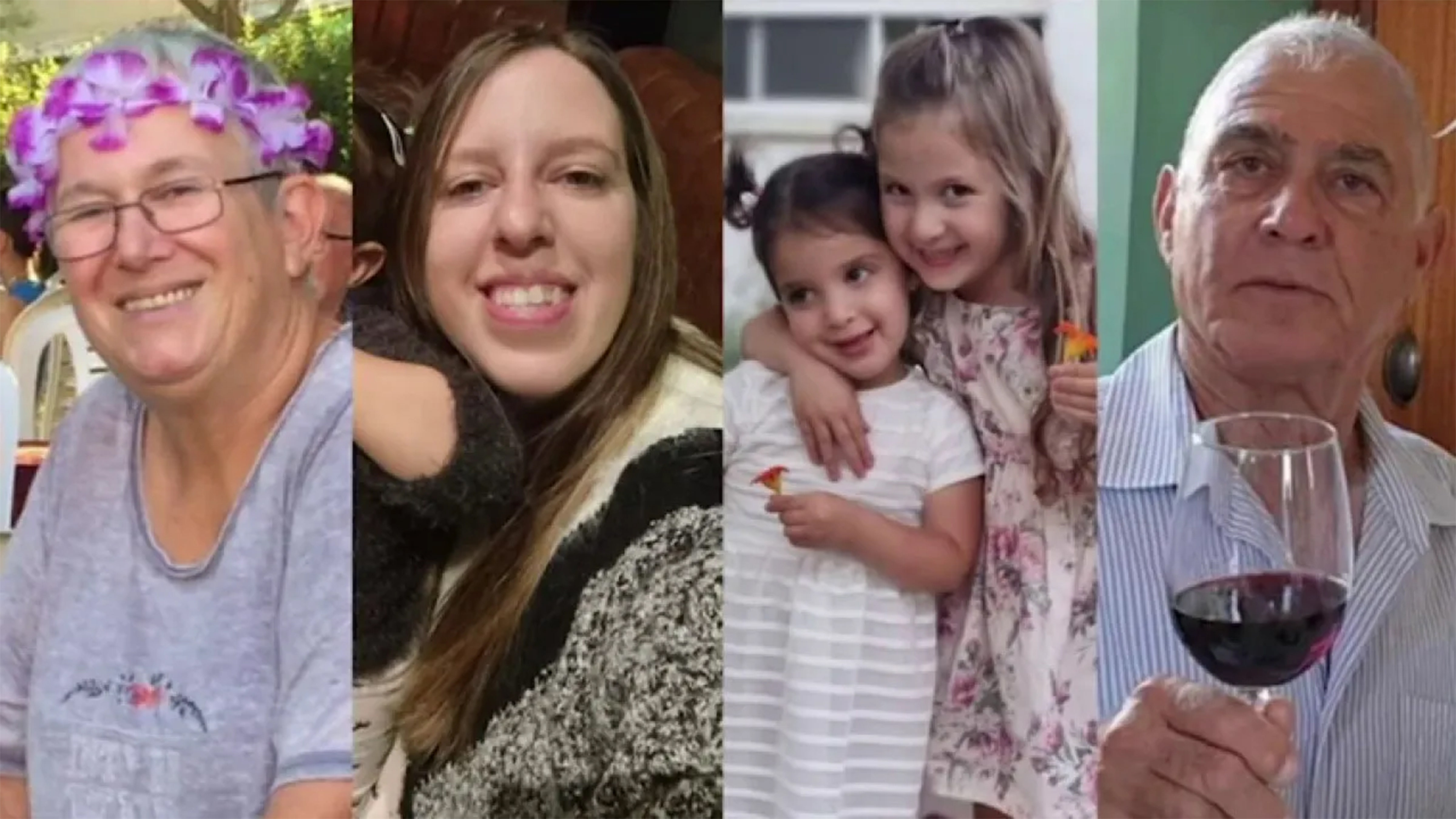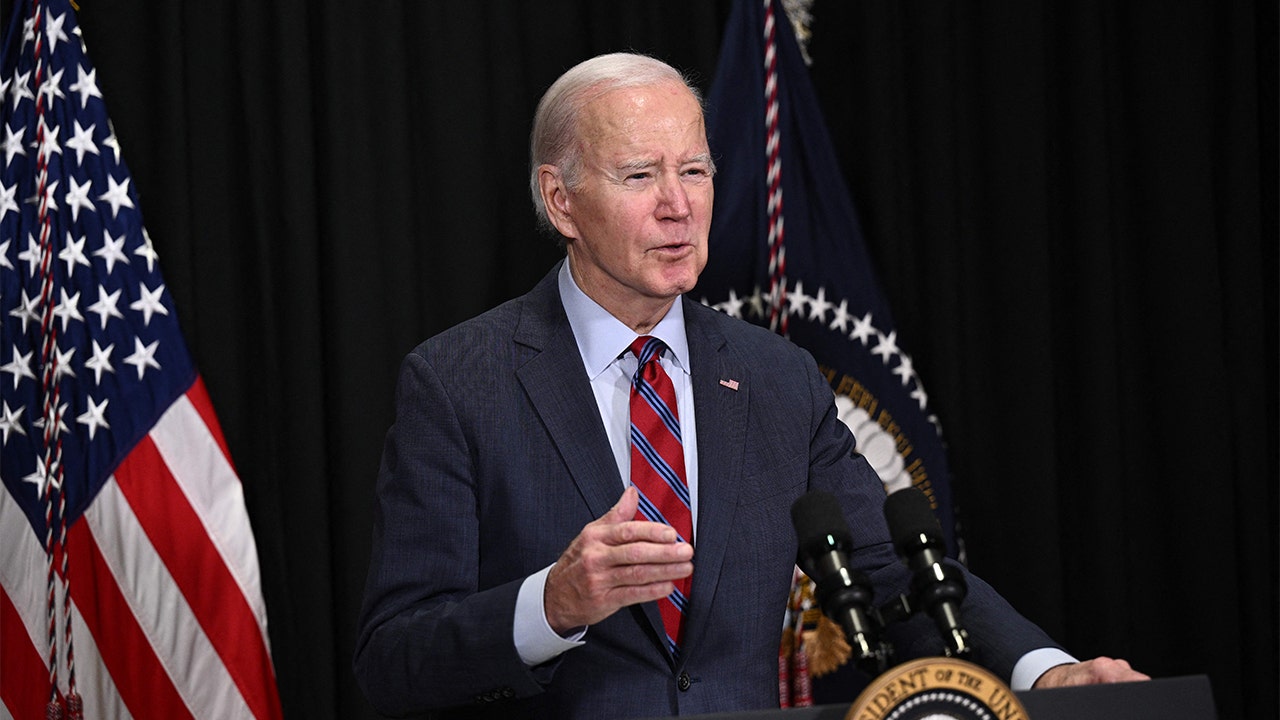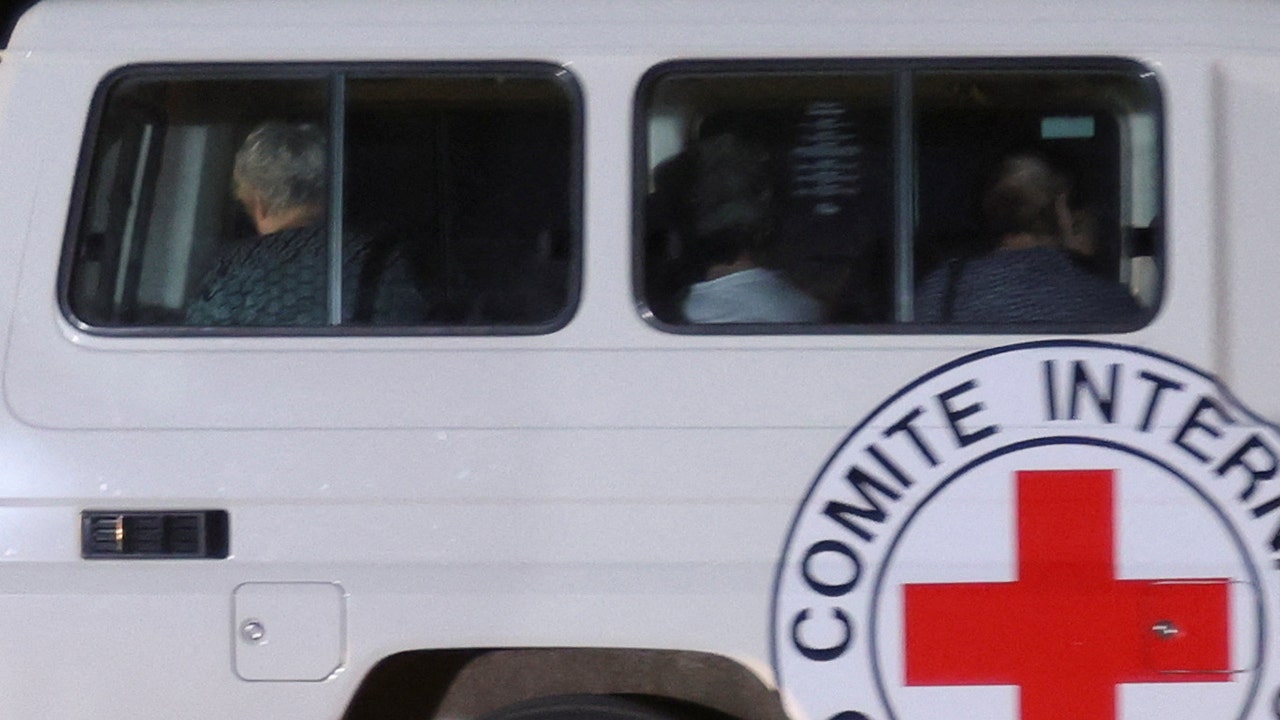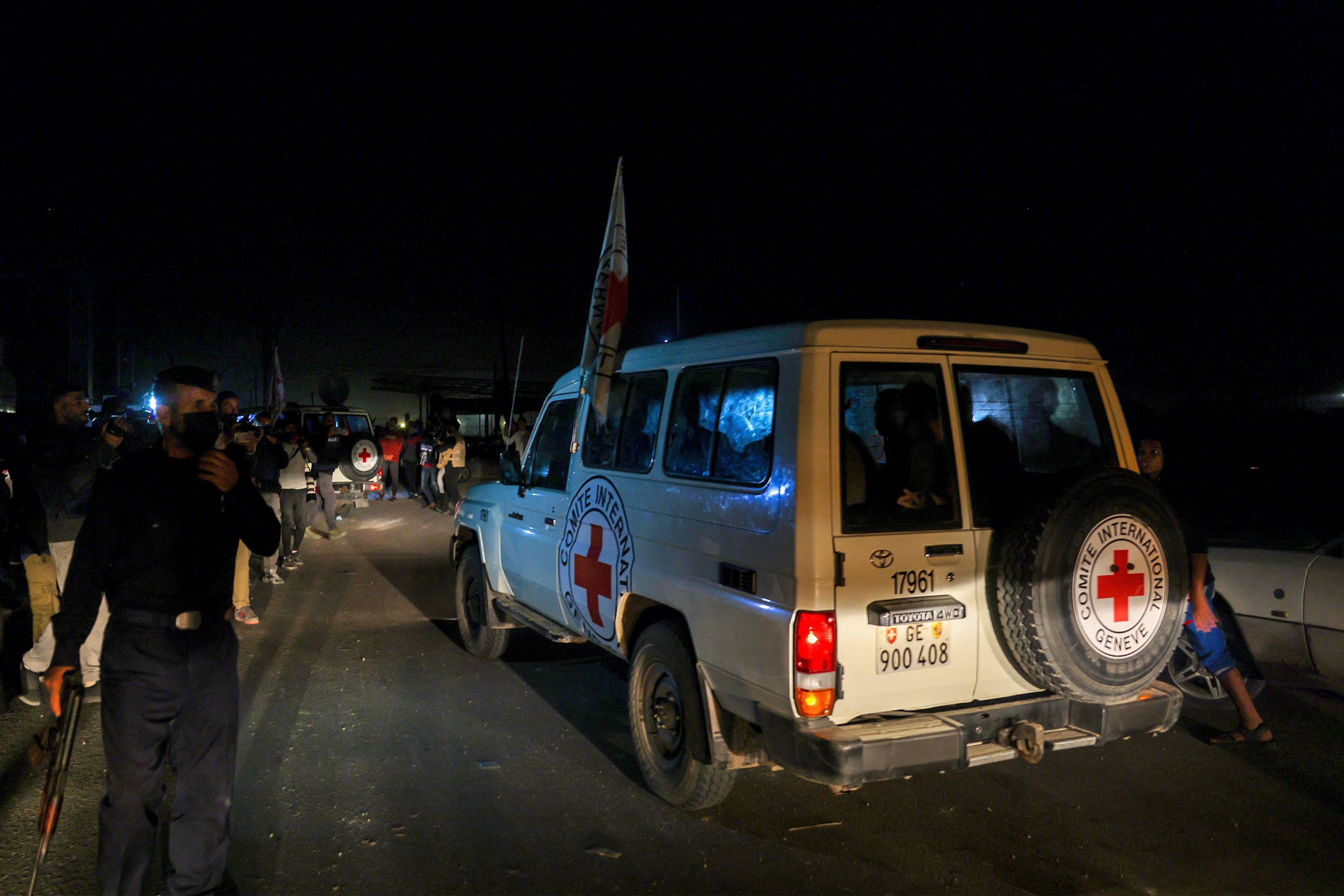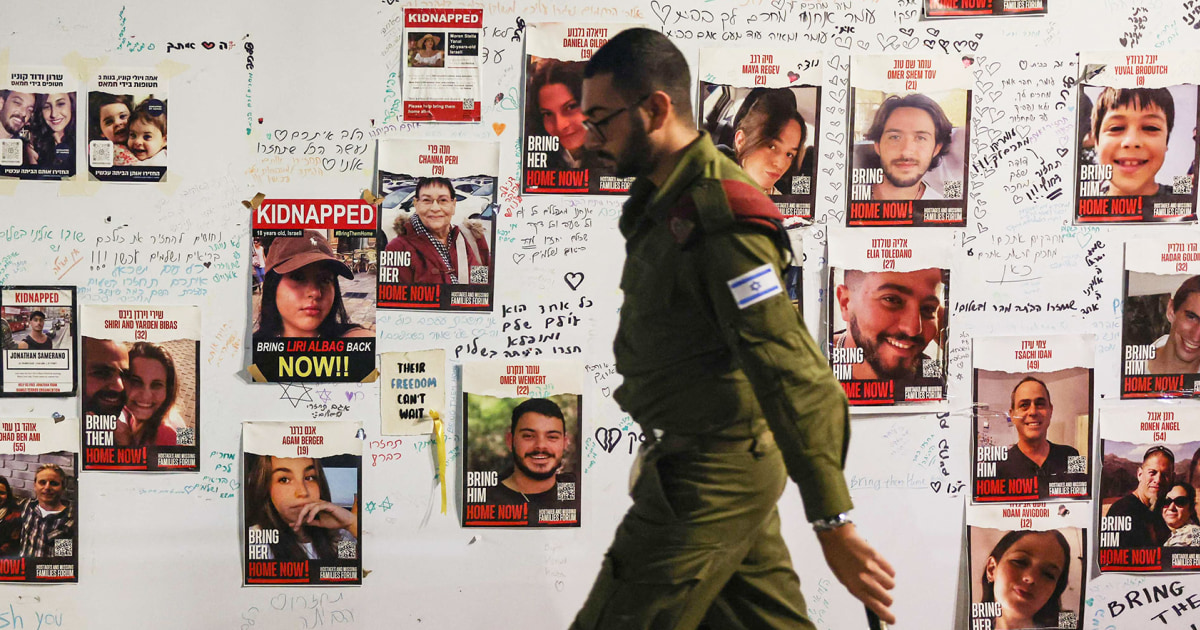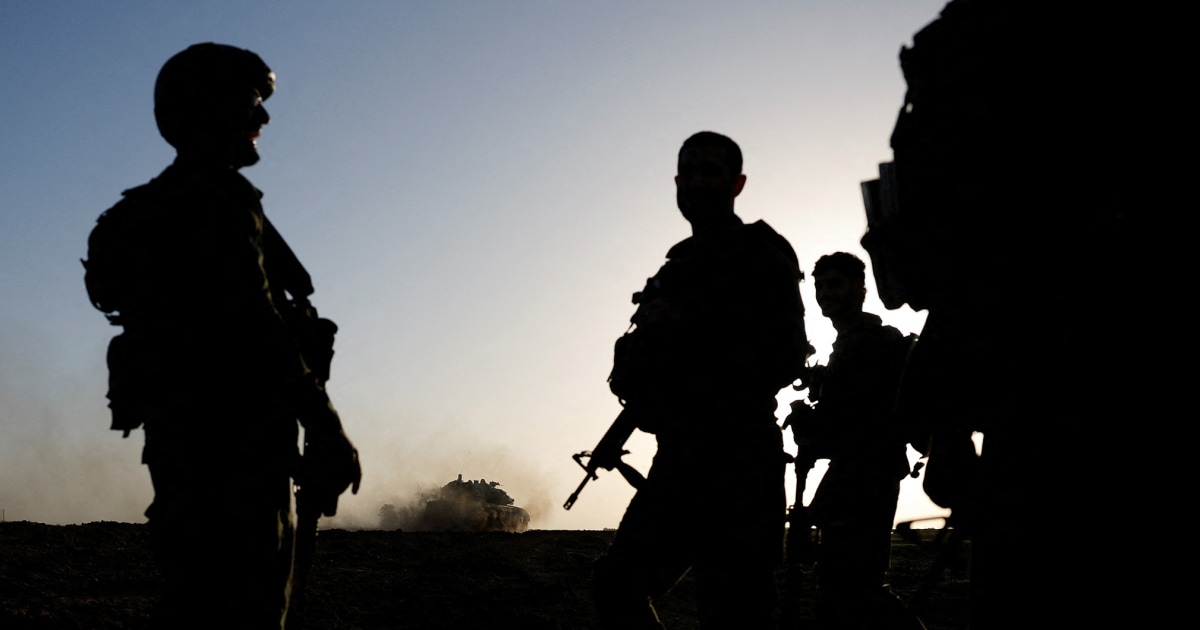Israel-Hamas war: Palestinians in Gaza say pause in Israeli bombardment bringing streets ‘back to life’
Palestinians in Gaza have spoken of their intense relief at a period of "calmness" that has brought areas "back to life" at the start of a four-day truce – the first respite in a ferocious seven week bombardment. With people emerging from their homes to collect belongings, bury the dead, and locate missing family members.
Under a Qatari-brokered deal , a ceasefire between Israel and Hamas will be in place during the release of a total of 50 Israeli women and children, held hostage since 7 October when Hamas launched an attack inside Israel during which 1,200 people were killed. In tandem to the hostages being freed,150 Palestinians jailed inside Israeli prisons will also be released.
For families in Gaza the temporary pause marks the first moment of calm after Israel – in response to the Hamas attack – unleashed its heaviest-ever bombardment of the Hamas-run territory. More than 13,000 people have been killed in airstrikes, according to Palestinian health authorities.
Sara, 21 a Palestinian student who has lost dozens of family members and friends in the bombing and has been displaced three times in war, said that her parents left on foot to try to work out the fate of relatives in another southern town that they had lost contact with.
“I know this temporary ceasefire will never bring back my beloved ones but I hope this will be the first and the last ceasefire and for ever,” she said, saying that the last seven weeks had been a nightmare.
“The pause has brought us back to life. I can’t describe the calmness around the streets, there is no sound of airstrikes, no sound of bombing.”
However, Israeli officials have said that their war on Hamas will continue once the temporrary ceasefire ends. Israel’s defence minister, Yoav Gallant said after the truce started that it would be a “short pause” and that the troops would then “resume operating with full military force”.
Palestinians who had taken refuge in temporary shelters return to their homes in eastern Khan Younis
(AFP via )At least 200 trucks of aid are expected to be delivered to Gaza each day to alleviate a worsening humanitarian crisis, as food, water and medical supplies are fast running out. Israel imposed a blockade of the strip as part of its response to 7 October, as well as the aerial and ground operations. The Israeli military, said that two tankers of fuel and two tankers of cooking oil crossed in the morning.
Sara told The Independent it was too dangerous to go back to Gaza City to check on their family home - and had been told those who had tried to go back to the north of Gaza had come under fire from Israeli forces.
Israel launched a ground incursion into Gaza and occupies swathes of territory in north Gaza - including encircling towns and refugee camps. The Independent asked the military about the reports and was told the army was “looking into it’ .
Sarah shared a video purporting to show civilians trying to go north becoming under fire.
Ahmed, who asked for his surname not to be mentioned for security reasons, said a neighbour who was a taxi driver had attempted to drive one family north to Gaza City so they could bury their dead and collect belongings and supplies came under fire as they drove up.
“He said one young member of the family was shot in the neck so he had to do a 180 degree turn and get out of there. He had blood all over his back seat and said he saw with his own eyes hundreds of people on the ground.”
Displaced Palestinians stand among the rubble of houses destroyed in an Israeli strike during the conflict, as they return to their homes,
(REUTERS)Ahmed said even in the southern town of Rafah, where many have evacuated to, the destruction from the strikes was “catastrophic”.
“It’s a level of damage I’ve never seen, I have also never seen so many people there were hundeds of thousands of [displaced] people everywhere.”
The deal is a major breakthrough in the seven week war and Qatar officials said it could be the “catalyst’ for a longer term peace deal.
“Our hope is that this deal will be the catalyst for peace which we need, for a viable negotiation for an end to this war,” the diplomat said.
“The only way forward is for a ‘proof of concept’ of peace to happen through this deal: for people to go home to their families and for the pressure to mount on both sides, to show that talking can get you results on the ground.”
Under the truce deal, 50 hostages are supposed to be freed in stages - with thirteen released by Friday evening. In exchange for the release of what Hamas said would be 150 Palestinians - with 39 believed to be released Friday as well. Israel said the truce would be extended an extra day for every additional 10 hostages freed.
Israeli Prime Minister Benjamin Netanyahu's office said it notified the families of hostages listed for release Friday.

